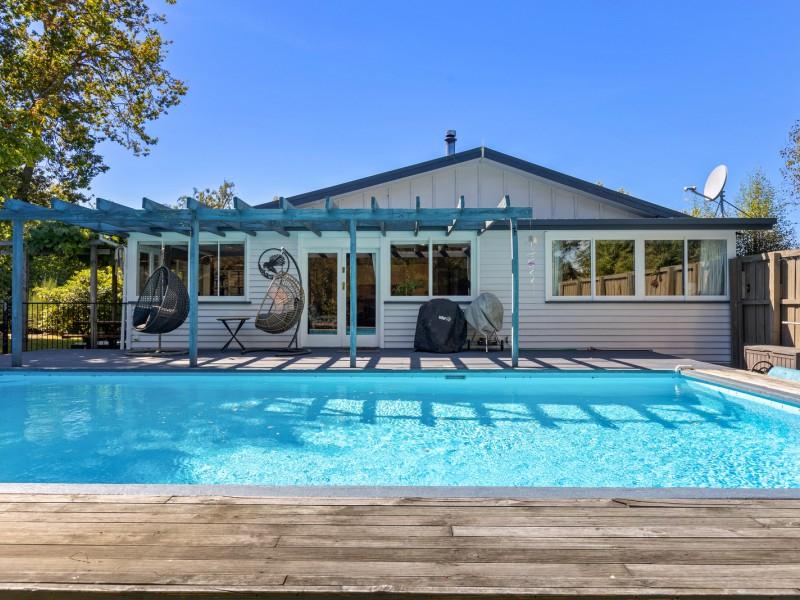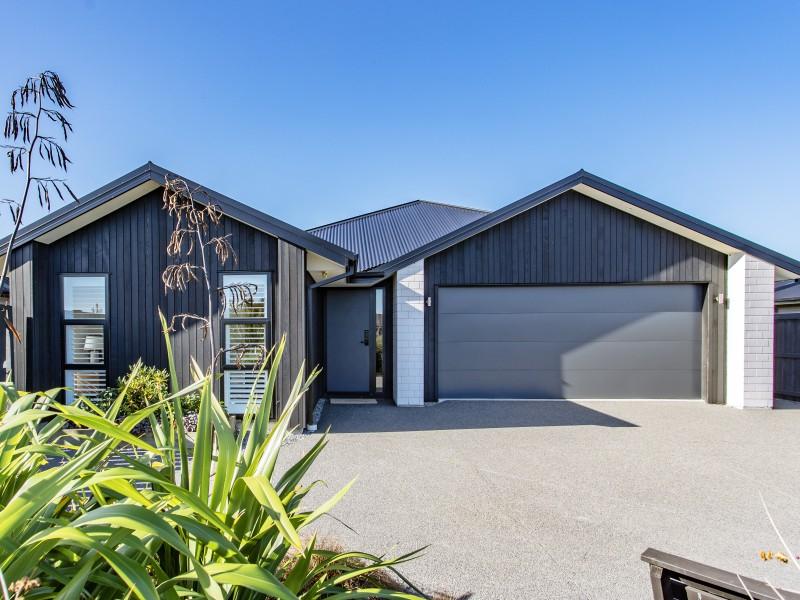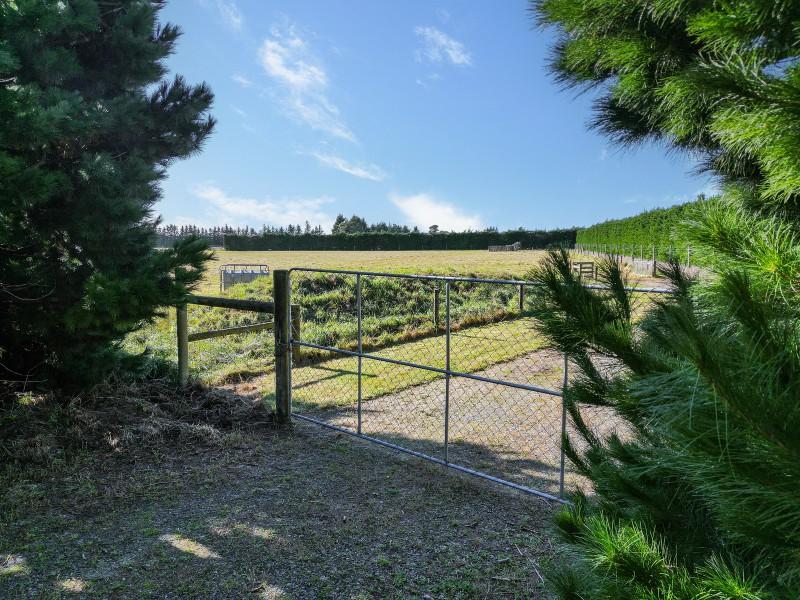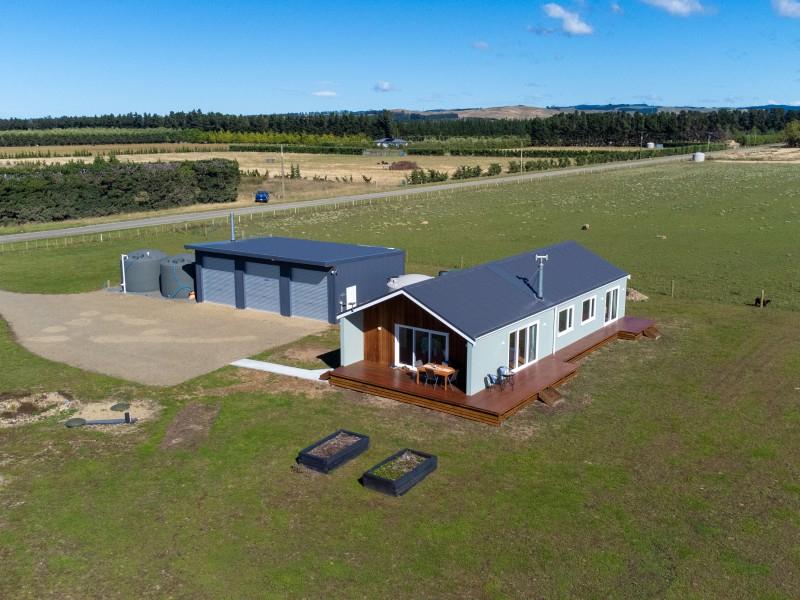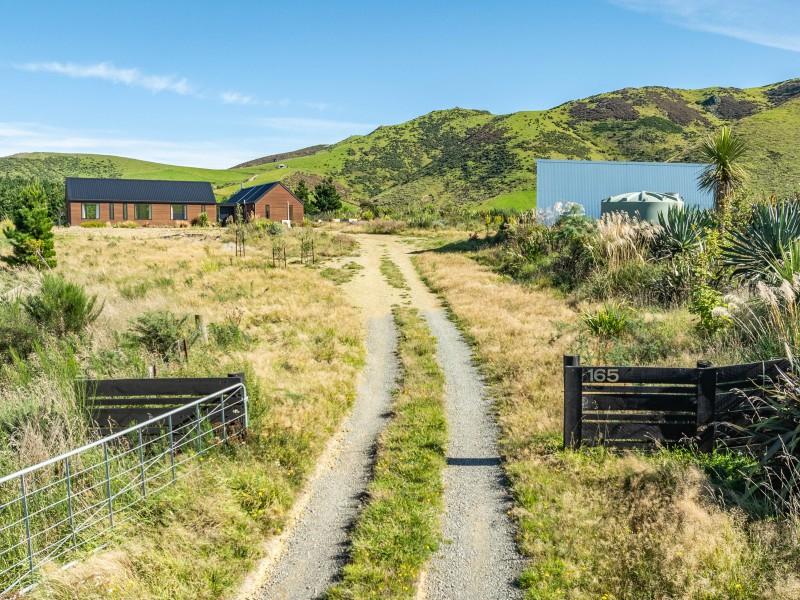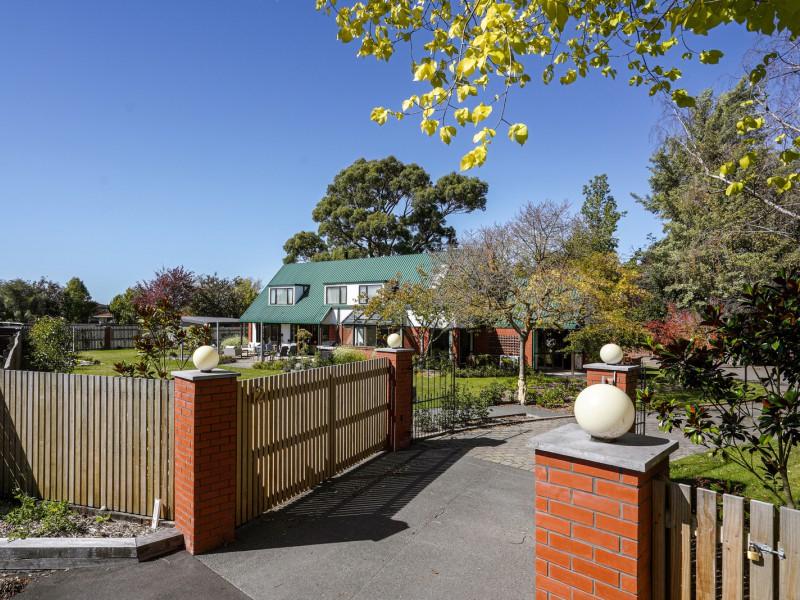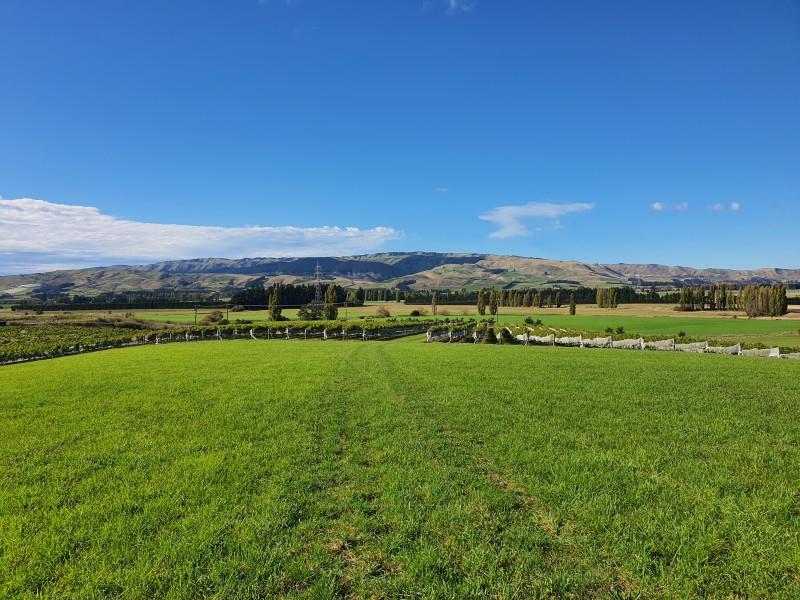Angst over Hurunui valuations
By David Hill, Local Democracy Reporter
Some Hurunui property owners fear a rates rise, after the latest valuations saw their property’s value double.
But Hurunui District Council chief financial officer Jason Beck says the increases have been consistent across the district, with a 35% average rise in capital values.
‘‘We don’t collect any extra rates because of valuation increases, so if every property went up by 35% then rates rises would be the same for everybody.’’
By law councils are required to update property values every three years and Quotable Value New Zealand has recently completed the latest rating valuations for the Hurunui district.
Rating valuations are based on market values, Beck said. Urban areas are leading the charge with an average 56% increase, followed by lifestyle blocks at 46%.
‘‘It seems that residential properties have increased across the board and it doesn’t seem to matter where you are. If anything there might be a slightly higher proportion of rates for residential properties compared to rural properties.
‘‘But when you consider there is a lot of fixed charges in the rates bill, I wouldn’t expect there to be much movement.’’
Some ratepayers may even see a decrease in next year’s rates bill, if their property value has increased less than the average increase across the district.
‘‘For most ratepayers these changes are not significant unless their value change is significantly different than the average change,’’ he said.
‘‘A valuation allows us to make sure the rates paid are accurate and shared fairly across the district.’’
Rates rises are driven up by the increasing costs the council faces to provide services such as libraries, parks, emergency management, street cleaning, three waters and roads.
He said capital value does not consider ‘‘emotional factors’’ like sea views, waterfront access and building appeal, which can boost a sale price. Beck urges property owners to keep their property record up to date with the council, including any renovations or improvements.
Property owners who are unhappy with their new valuation have the right to appeal, which can be lodged online on the Quotable Value website, qv.co.nz/services/ - or in writing.
■ Public interest journalism funded through New Zealand on Air.
What does ANZAC day mean to you?
ANZAC Day is a time to reflect, remember, and honour those who served.
It’s also a powerful reminder of the impact of war and the courage of those who stood for something greater than themselves.
We're interested to hear what ANZAC Day means to you and your whānau, and about any special traditions you follow each year.
Perhaps you have a loved one who served? If you feel comfortable, we’d love for you to share their story here with us.

Painting and Decorating
For any painting and decorating projects you have been thinking about. Get in contact today with Andrew and the friendly team at Enviro Painters for your free measure and quote

Show us your projects
Whether it's craft, haberdashery, woodwork or upcycling, we'd love to see what you've been working on lately.
You may even spark someone else's creativity...
Tell us about your current project or show us a picture in the comments below...


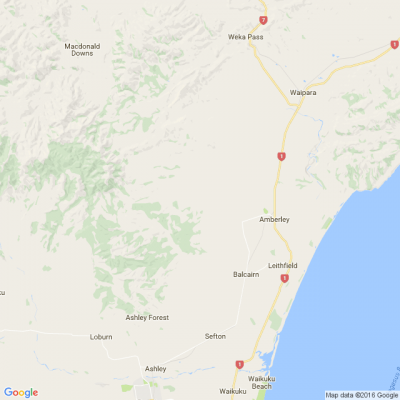
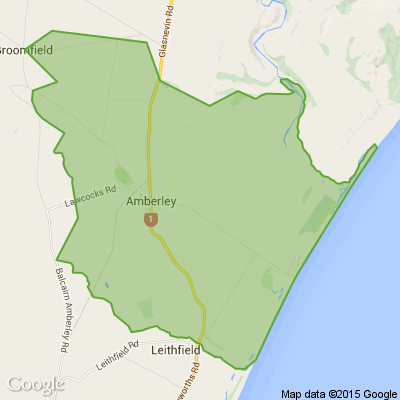





 Loading…
Loading…